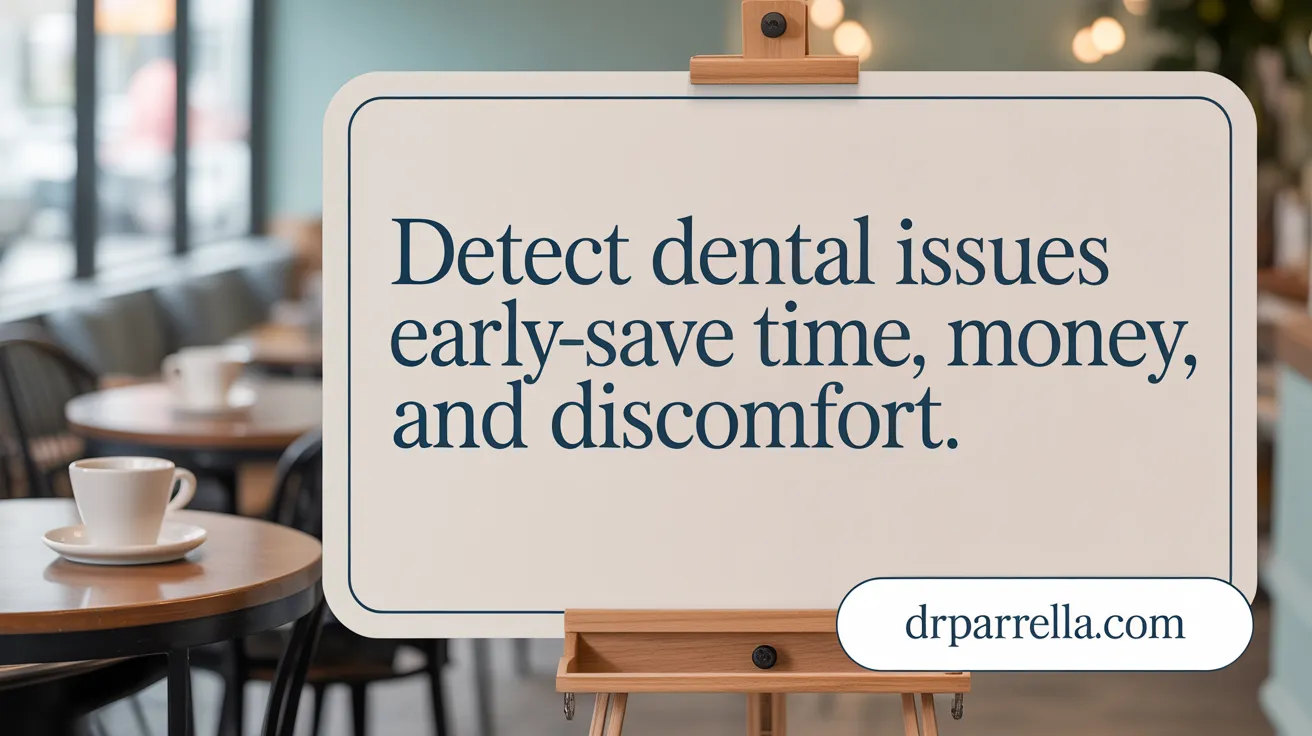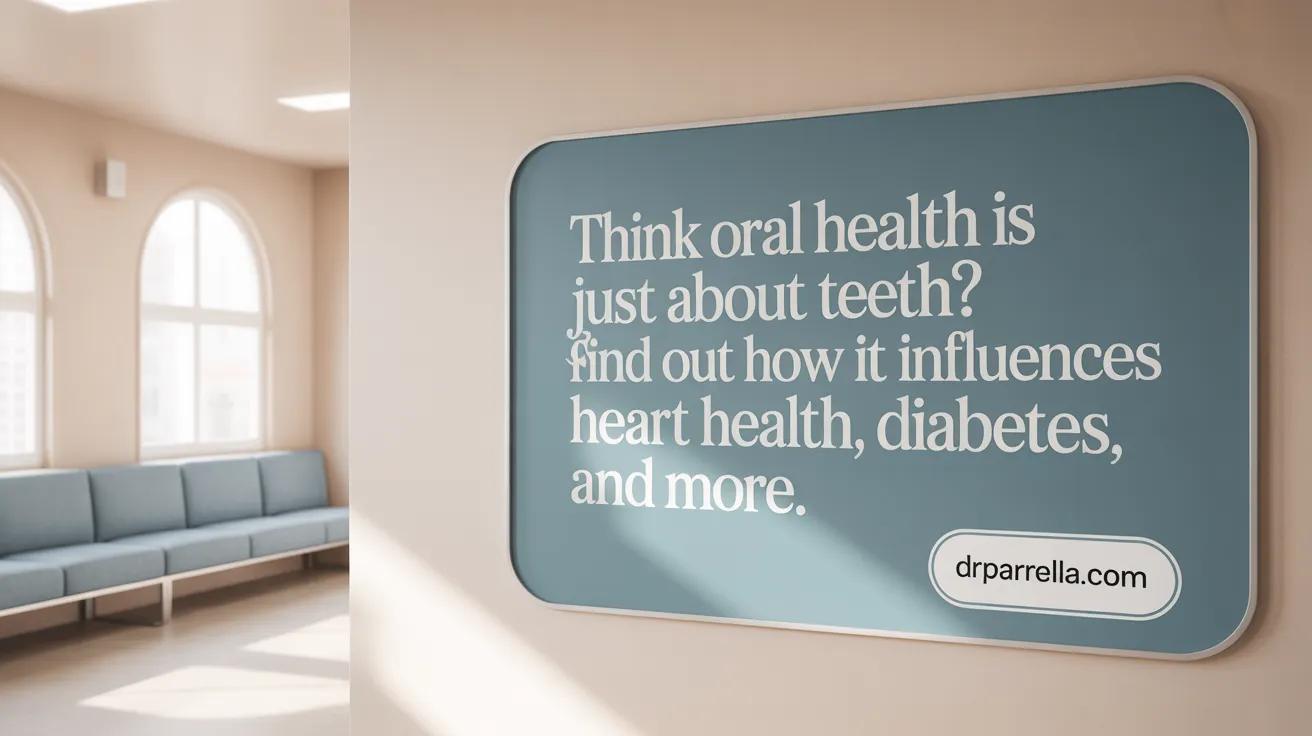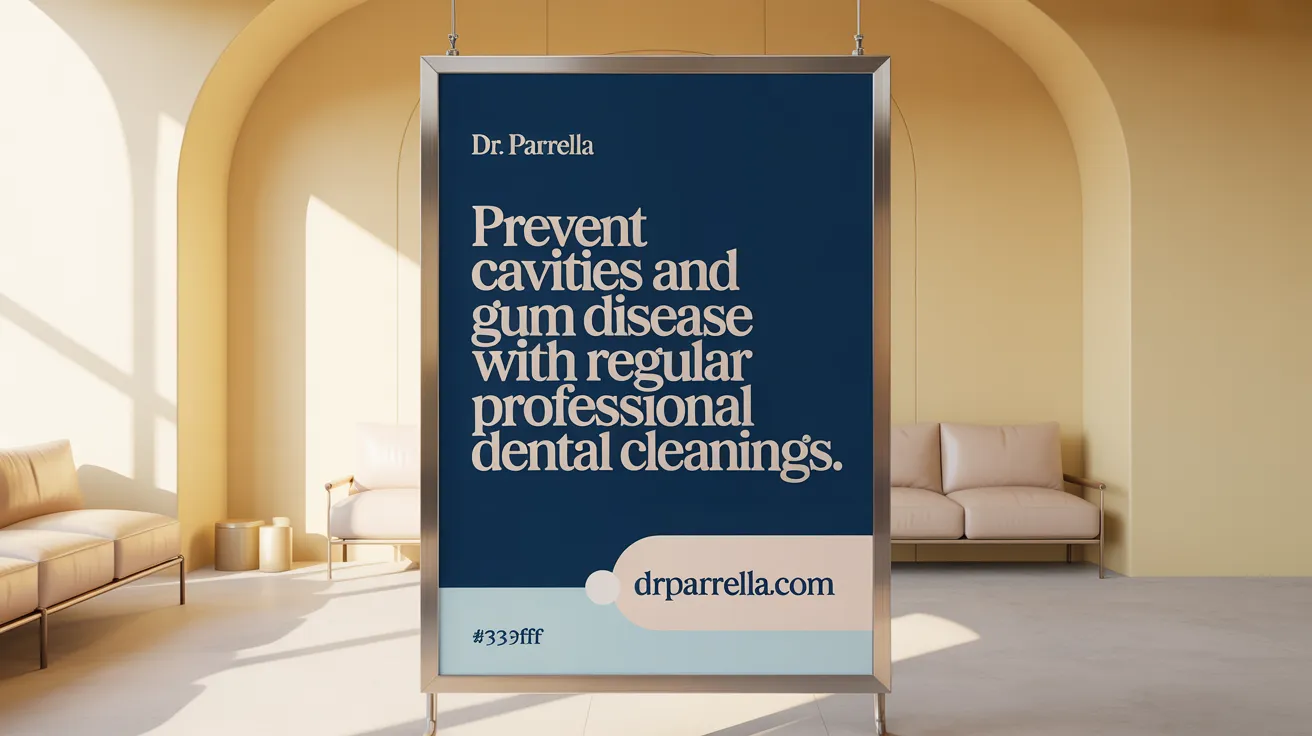The Hidden Value of Consistent Dental Care
Many people underestimate the importance of regular dental exams, seeing them as routine chores rather than crucial health interventions. However, these visits play a significant role in detecting early signs of dental and systemic health problems, preventing costly and invasive treatments, and ultimately enhancing quality of life. This article explores why scheduling regular dental exams is a smart investment in your overall well-being.
Early Detection: Catching Problems Before They Escalate

How do regular dental exams help in early diagnosis?
Regular dental exams are crucial for identifying dental issues at their earliest stages. Dentists can detect cavities early and enamel erosion before the patient experiences symptoms, which allows for simpler and less invasive treatments.
Detecting Cavities, Enamel Erosion, and Other Early Signs
Dental professionals examine teeth closely for small cavities, enamel loss, cracks, worn fillings, and evidences of grinding or clenching. Early detection of these problems can prevent progression to serious damage such as tooth loss or root canal treatments.
Recognizing Gum Disease Progression
Dental visits routinely check for signs of gum inflammation or gingivitis. Detecting gingivitis allows for intervention before it develops into periodontitis, a severe gum infection that can lead to bone loss.
Oral Cancer Screenings
Exams include inspection of oral tissues for unusual patches, lumps, or growths. This oral cancer screening is vital for catching oral cancers early and significantly improving treatment success and survival rates.
Diagnostic Use of Dental X-rays
X-rays reveal hidden problems like cavities between teeth, jawbone issues, and impacted teeth invisible during a routine visual exam. These images are key in forming a complete picture of oral health, as detailed in Dental X-rays Examination.
Regular dental exams serve as a comprehensive health check for the mouth, identifying problems before they escalate, saving time, discomfort, and costs associated with advanced treatments. For more on the benefits and importance of regular preventive dental care, visit the linked resources.
The Oral-Systemic Health Connection: More Than Just Teeth

Why is oral health important beyond the mouth?
Oral health is intimately connected to overall health. Poor dental hygiene and gum disease are linked to serious systemic conditions such as heart disease, diabetes, high blood pressure, stroke, and respiratory illnesses. This connection means problems in the mouth can signal or even contribute to broader health challenges.
How can dental exams reveal signs of broader health conditions?
Dental exams do more than just check teeth and gums. Dentists look for signs of systemic diseases that often manifest first in the mouth. For example, inflammation and bleeding gums may indicate diabetes, while other oral symptoms might point to vitamin deficiencies or osteoporosis. Early detection through oral exams allows patients and doctors to address these conditions sooner.
What role does gum disease play in systemic health?
Gum disease, especially periodontitis, is more than just a local infection; it inflames the entire body and raises the risk for cardiovascular and respiratory diseases. The bacteria from infected gums can enter the bloodstream, triggering inflammation in blood vessels and lungs, which worsens chronic conditions like heart disease and pneumonia.
How does oral health impact pregnancy and chronic illnesses?
Good oral health is vital during pregnancy, as untreated gum disease increases risks of preterm birth and low birth weight. Moreover, maintaining healthy gums can help control blood sugar levels in people with diabetes, demonstrating how oral care plays a role in managing chronic illnesses.
Maintaining routine dental exams and addressing oral issues early not only protects your smile but also supports your overall well-being by potentially reducing complications from systemic diseases.
Professional Cleanings and Preventive Care: Beyond Daily Brushing

What do professional dental cleanings involve and why are they necessary?
Professional dental cleanings are essential procedures performed to remove plaque, tartar, and bacterial biofilm that daily brushing and flossing often miss. These cleanings typically involve scaling to eliminate hardened deposits and polishing to smooth and brighten the tooth surfaces. This helps prevent the buildup that can lead to gum inflammation and tooth decay.
Importance of professional plaque and tartar removal
Plaque harbors bacteria that produce acids, which erode tooth enamel causing cavities. If plaque is not removed, it hardens into tartar, which only dental professionals can safely remove. Regular cleanings lower the risk of developing cavities and gum diseases like gingivitis and periodontitis.
Role of dental hygienists in preventive care and patient education
Dental hygienists play a vital role by performing cleanings and also educating patients on effective oral hygiene practices. They offer guidance tailored to individual needs, helping patients maintain better habits at home.
How cleanings prevent gum inflammation and tooth decay
By removing harmful deposits, professional cleanings reduce gum inflammation and the risk of periodontal disease, a leading cause of tooth loss. Early removal of plaque and tartar stops decay before it advances to requiring more invasive treatments.
Benefits of fluoride treatments and dental sealants during visits
Many dental visits include fluoride applications that strengthen enamel and sealants that protect vulnerable chewing surfaces from decay, especially in children and at-risk adults.
Recommended frequency of cleanings and exams
Most dental experts recommend cleanings and exams every six months. However, frequency may vary based on one's oral health status and risk factors, with some needing more frequent care.
Maintaining regular professional care works hand-in-hand with daily oral hygiene to ensure optimal dental health and prevent serious oral diseases.
Long-Term Benefits: Cost Savings, Confidence, and Quality of Life
How do regular dental exams contribute to long-term oral health and well-being?
Regular dental exams are essential for detecting cavities early, preventing the need for costly treatments such as root canals and tooth extractions. By identifying problems like cavities and gum disease early, dentists can offer simpler and more effective care, dramatically reducing future expenses.
Maintaining dental restorations—such as crowns, bridges, and implants—is another benefit of consistent checkups. Regular monitoring ensures these restorations remain intact and functional, protecting crowns bridges implants, preventing failures caused by bacteria or physical damage.
Beyond oral health, a healthy smile significantly boosts mental well-being and confidence. Regular care maintains an attractive smile, which can improve mental well-being with oral health, improving self-esteem and enhancing social interactions.
Moreover, routine visits help minimize the frequency of emergency dental care by addressing problems before they escalate. This approach promotes sustained oral health, decreasing discomfort and disruptions to daily life.
Overall, preventive dental exams are a cost-effective investment. Every dollar spent on routine care can save several dollars in future treatments, making regular dental visits a smart approach for both health and financial reasons.
Regular Dental Exams Across Life Stages: From Childhood to Elderly Care
Why is it important for different age groups to maintain regular dental visits?
Regular dental exams serve crucial roles throughout life. For children, early dental visits for children establish healthy oral habits and allow dentists to spot problems like cavities, misaligned teeth, or harmful habits such as thumb-sucking. Early intervention helps prevent tooth decay with exams and guides proper dental development.
In elderly populations, maintaining consistent dental care becomes even more vital. Regular dental checkups benefits help identify and manage oral diseases such as periodontal disease, which is more common with age. Good dental health in elders supports better nutrition, reduces medication use for dental pain, and prevents complications that could affect overall well-being.
Challenges and barriers in elderly dental care
Socioeconomic factors in dental care significantly impact dental attendance. Lower income and limited access pose barriers for both children and elderly individuals, resulting in fewer dental visits and increased oral health problems. Elderly patients often face financial constraints, transportation difficulties, and fear of dental treatment, which reduce their dental care utilization.
Tailoring exam frequency and personalized preventive care
Dental visit frequency should be based on individual risk factors, such as medical history, lifestyle, and oral health status. While a typical recommendation is every six months, some may require shorter or longer intervals. Personalized prevention plans and education provided by trusted dental professionals build rapport and encourage consistent attendance, leading to better health outcomes.
Building trust and lifelong oral health habits
Regular visits foster patient-dentist relationships, making dental experiences more comfortable and enhancing compliance with oral hygiene advice. Across all ages, this bond supports lifelong maintenance of oral health, preventing disease progression and improving quality of life.
Making Regular Dental Exams a Priority for Lifelong Health
Regular dental exams offer far more than just a clean smile—they are a frontline defense against a spectrum of oral and systemic health issues. By detecting problems early, removing harmful plaque, fostering healthy habits across life stages, and linking oral health to overall well-being, these visits prove invaluable. Investing time in routine dental care not only saves money and discomfort but also boosts confidence and quality of life. Understanding these comprehensive benefits reinforces why regular dental exams are, indeed, more important than many think.
